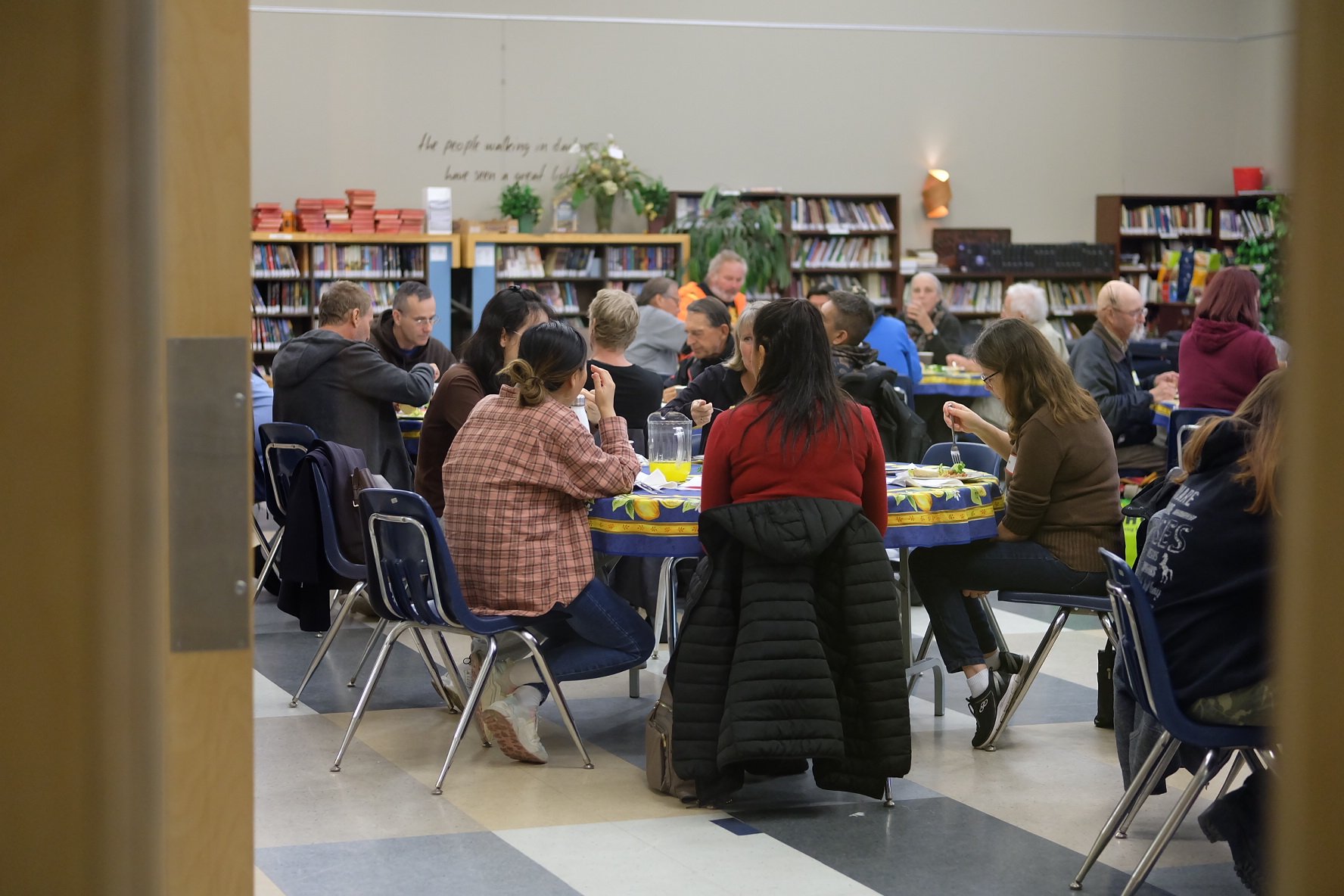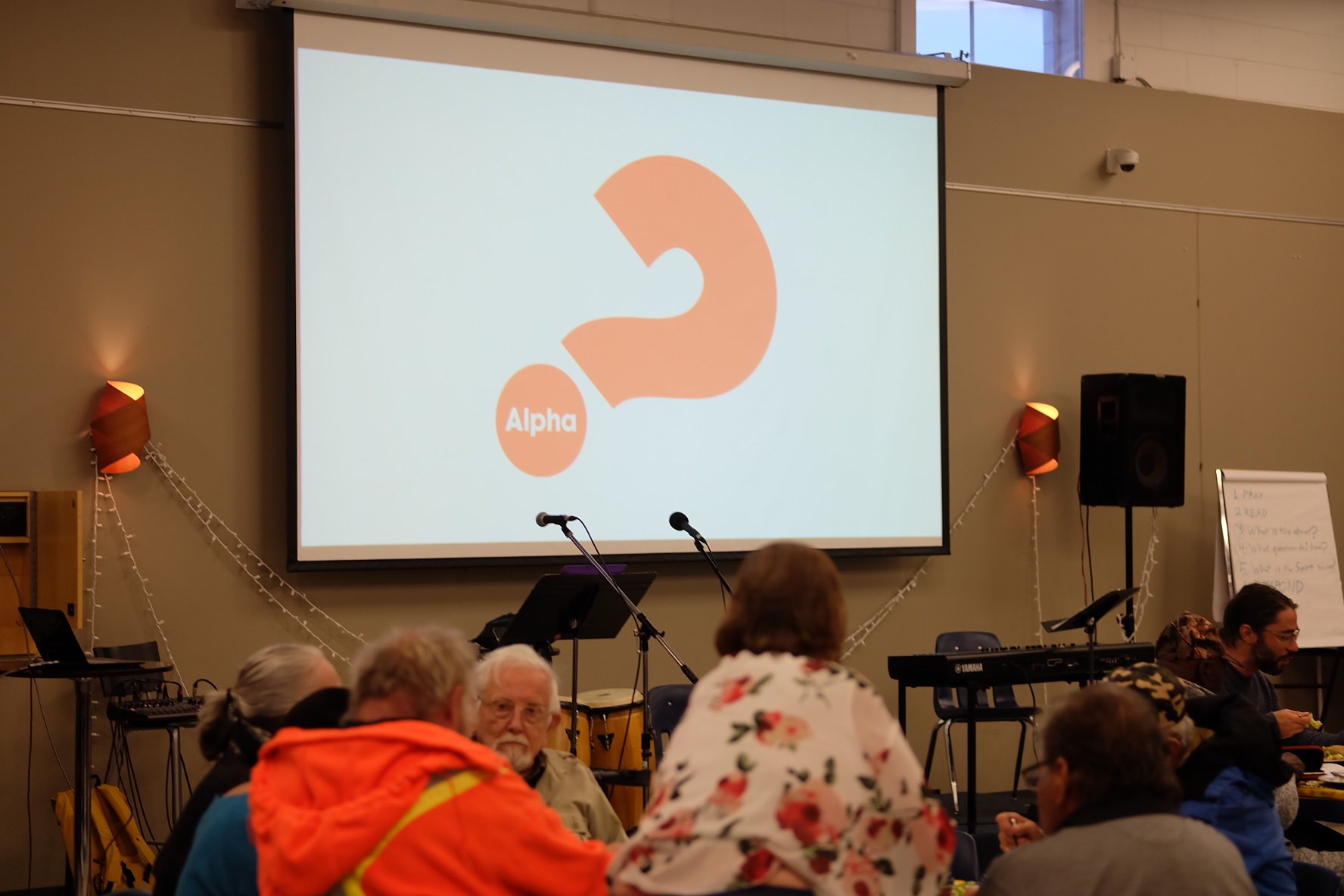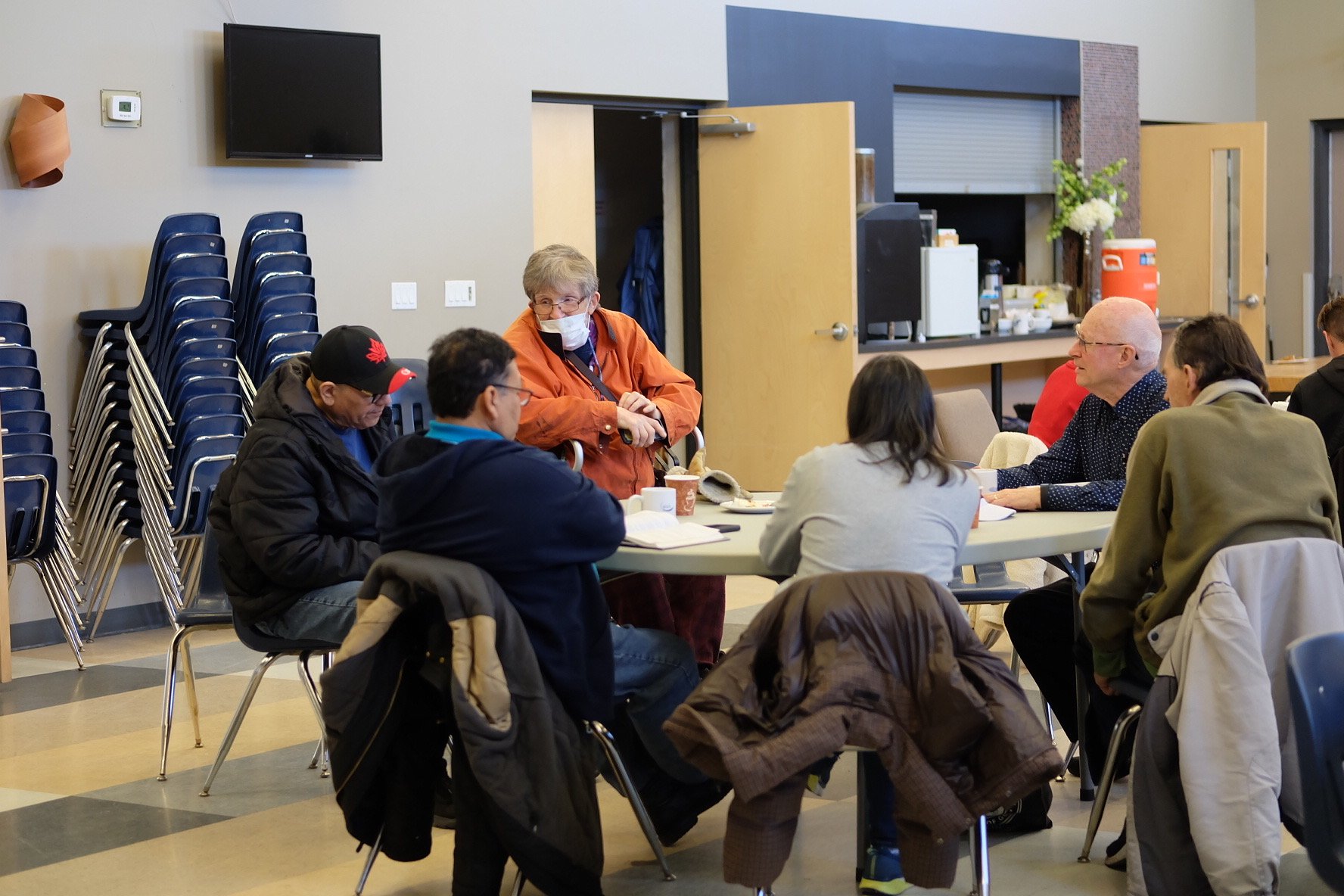Jesus said, “Father, forgive them, for they do not know what they are doing.” And they divided up his clothes by casting lots.
Forgiveness is a powerful word. When we have been wronged we tell the offender that we forgive them for their action.
The Bible uses the word forgive or forgiveness over and over.
Ephesians 1:7-8 “In Him we have redemption through His blood, the forgiveness of sins, according to the riches of His grace which He made to abound toward us in all wisdom and prudence.”
Matthew 18:21-22 "Then Peter came to Jesus and asked, 'Lord, how many times shall I forgive my brother or sister who sins against me? Up to seven times?' Jesus answered, 'I tell you, not seven times, but seventy-seven times.' "
The King James Bible version uses the term forgive 95 times.
But the question to answer today, is what is forgiveness? It’s a word that rolls off the tips of our tongues easily. As easily as saying how are you doing today and answering I’m doing ok. Even if your entire world is falling down around you.
When you look at the internet there are lots and lots of results for forgiveness.
Wikipedia says “Forgiveness, in a psychological sense, is the intentional and voluntary process by which one who may initially feel victimized, undergoes a change in feelings and attitude regarding a given offense, and overcomes negative emotions such as resentment and vengeance (however justified it might be). “
It also tells us what forgiveness is NOT.
Forgiveness is not condoning
Forgiveness is not minimizing your hurt
Forgiveness is not pardoning; it cannot be granted or chosen by someone else
Forgiveness doesn't have to be religious or otherworldly
The psychologist Wanda Malcolm writes a chapter in Women's Reflections on the Complexities of Forgiveness titled "the Timeliness of Forgiveness Interventions" where she outlines reasons why forgiveness takes time: when work on self (care/healing) takes priority (i.e. therapy, medical injuries, etc.), when issues of relational safety need to be addressed, and where facilitating forgiveness may be premature immediately after an interpersonal offense.
Malcolm explains that "premature efforts to facilitate forgiveness may be a sign of our reluctance to witness our client’s pain and suffering and may unwittingly reinforce the client’s belief that the pain and suffering is too much to bear and must be suppressed or avoided."
So why then does the Bible tell us to forgive those who trespass against us?
Forgiveness is central to Christianity. Christianity is about Jesus Christ and Jesus Christ is about forgiveness. And forgiveness comes from redemption.
If one confesses their sins and asks God for forgiveness of their sins, all is good right? God has forgiven me and he’s the only one who can really grant forgiveness. Or is He.
The parable of the Prodigal Son features forgiveness. The younger son squanders his inheritance and returns to his father expecting to find anything But forgiveness. And Yet this is exactly what happens. He is forgiven for the choices he makes and is even welcomed back into the family and given the best cloak, the biggest ring, the best stuff.
By being given forgiveness, the younger son has another chance at redemption but so does the father. And maybe that is part of the forgiveness. Telling the person who needs forgiveness that they are being given another chance to do the right thing. To make the right choice.
But if we don’t know what forgiveness looks like, how can we give it. And more importantly, how can we give redemption?
In Christianity, God can forgive the sins committed by people against their fellow people. God can even forgive murderers if they ask for forgiveness and repent before they die.
"For if you forgive men when they sin against you, your heavenly Father will also forgive you. But if you do not forgive men their sins, your Father will not forgive your sins,” Matthew 6:14-15 and Mark 11:25.
Since I consider myself a Christian, I must be able to forgive those who have trespassed against me.
Luke 6:36 tells me “Do not judge, and you will not be judged. Do not condemn and you will not be condemned. Forgive and you will be forgiven.”
I’m feeling like a hamster on a wheel. I really want to forgive. I just don’t know what it looks like.
A little bit about me. I come from a family in which religion wasn’t important. When I learned that my father had hopes to become a Priest when he was a young man, I tried to connect with religion as a way of connecting with him.
This included taking him to a Catholic church each week. But two things happened along the way. I found it hard to digest that a God who is loving and forgiving could not forgive me for having the courage to divorce an abusive husband. And that since I was a divorced woman I could NEVER receive communion as I had committed a cardinal sin.
As well, my Dad developed Alzheimer’s Disease and the last time we both were in church he very loudly proclaimed that the priest was taking way too long to deliver his homily and that perhaps it might be best for all involved that it be shortened.
I am also the mother of two grown children. One of whom is the mother of my only grandchild. I did the very best I could for my children, including bringing them to church each week so that they could have a relationship with God.
And it is my daughter who is causing me to actively search for forgiveness and how to do it.
I have not been able to see my granddaughter for two years. This is particularly heart breaking when you consider that my daughter and granddaughter lived together with me and I was as close to my grandbaby as any one could be.
Then the rug was pulled out from under me and I have been estranged ever since.
So how do I forgive? Can I forgive?
According to researchers I’m not the only person who has this problem. We know that we need to forgive, but more than 85% of us need outside help to do it.
In 1988 a Gallup Poll was commissioned to understand forgiveness. It found that 94% of respondents felt it was important to forgive. But didn’t know how. What they did find was that those in the poll likened mercy to forgiveness. It also showed that perhaps people couldn’t complete the process of forgiveness, but they could show mercy in particular when an action was taken that caused hurt when it was done from weakness as opposed to malice.
The other interesting conclusion of the poll was that the only thing that was effective in completing the cycle was prayer.
As I was researching how to forgive I did find that there is a “model of forgiveness.” This model was created to help couples who are having difficulty in their marriage.
The first phase was to uncover the pain that the individual experienced. I had already ticked off that box. I knew it was the estrangement from my child and the reason behind it.
The second phase is the decision phase. This is where the nature of forgiveness is discussed.
And this is where I once again lose the thread. I don’t know what to do in order to forgive.
Recently I purchased a SMART watch on Amazon. I discovered Amazon at the very beginning of the pandemic. I thought I would buy a smart watch to see what my sleeping pattern was. I also had the option to have a blood pressure reader. And a heart monitor. Let me tell you the first time I saw my heart beat in RED blinking numbers was a bit freaky.
It was easy to conclude that there was something wrong with me. And there was. My inability to forgive.
So now my physical health is suffering because of my lack of a forgiveness trait.
A 2005 study was able to show that self-forgiveness is important to promoting positive mental health later in life. And there are studies being done that show that the ability to forgive impacts the forgiver through better physical health. Those who had forgiveness as a personality trait have overall better physical health.
Additionally, a 2000 study showed that 61% of participants in the study were part of a religious group. And it was this group that helped them learn forgiveness. These folks were then able to report that their ability to deal with addictions, guilt and other negative emotions.
So I must once again turn to the Bible to find an answer to my question. How do I forgive?
At all wedding ceremonies – my own included – Corinthians 13:4-5 says in part “Love is patient, and kind. Love is not jealous. It does not brag, does not get puffed up, does not behave indecently does not look for its own interests, does not become provoked. It does not keep account of the injury.”
I must ask myself, by not knowing how to forgive am I holding and keeping account of the injury.
I just might be. But I’m trying to get better. I have reached out to my daughter to ask how we can move forward. And I am being brutally honest with myself when I play out the result of a possible conversation with her. Either we will reconcile. Or I will let go of her.
Which is another teaching from the Bible. Forgive means to let go in Latin. That we must let go of the hurt and the resentment and anger caused to us. In the end there is only one person who will judge. And it isn’t me, no matter how much I think it is.
I was speaking with a really wise friend and I asked him why God would tempt me? Why God would put beautiful four year old girls directly in my path? Why, I asked, if God is loving. Why would God stick a knife in my heart each time I heard the laughter of a four year old.
He answered me simply, he said that isn’t God at work. That is Satan.
I thought of Jesus in the desert for 40 days while Satan tempted and tormented him. And that made sense.
Ephesians 4:26-27. Be wrathful, but do not sin, do not let the sun set while you are still angry, do not give the Devil an opportunity.
Had I ever given the Devil an open door to walk on through. That wasn’t the loving God I knew, that was Satan poking me in the guise of God. And that made my search for how to forgive more critical.
I’m still trying to learn to forgive. Matthew 7:12 is lighting a path. “All things, therefore, that you want men to do to you, you also must do to them. This, in fact, is what the Law and Prophets mean.”
My guiding principal is to treat others as I would wish to be treated. And I’m reminded that I may stumble, James 3:2 “For we all stumble many times. If anyone does not stumble in word, he is a perfect man, able to bring also his whole body.”
So I will continue to stumble, lurching even toward forgiveness. Of my daughter. More importantly for myself.
“For look! I am creating new heavens and a new earth.
And the former things will not be called to mind.
Nor will they come up into the heart.”
Isaiah 65:17





























